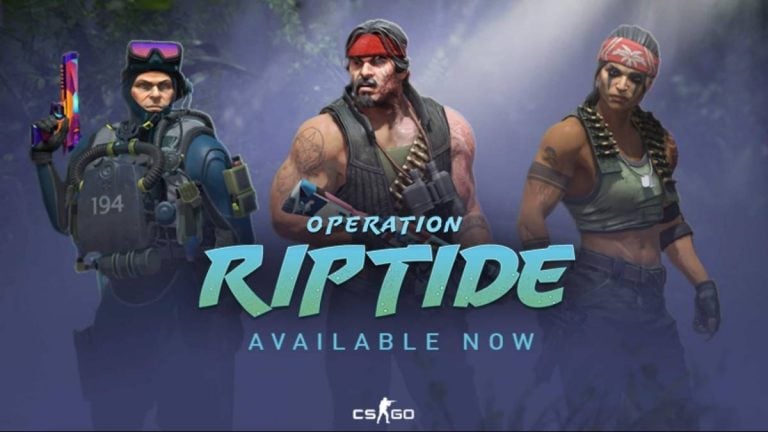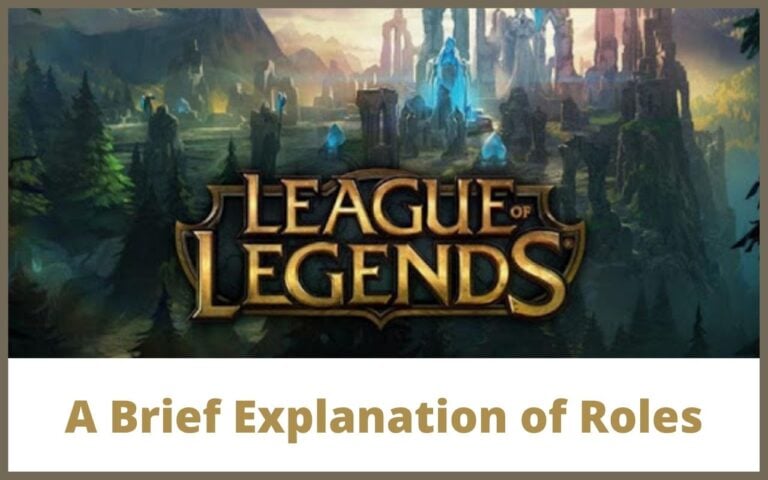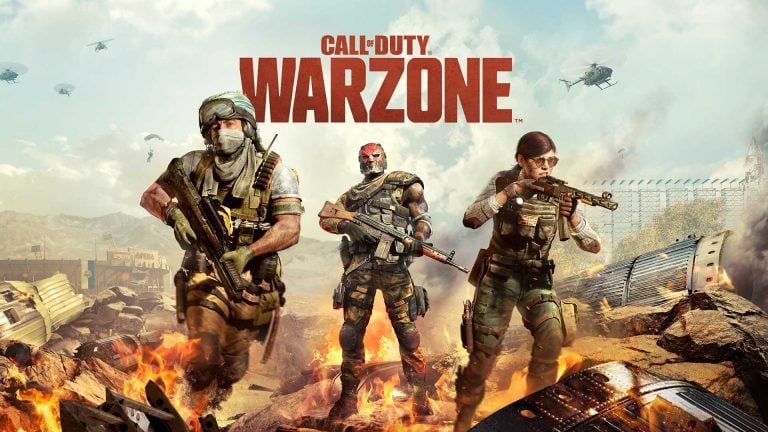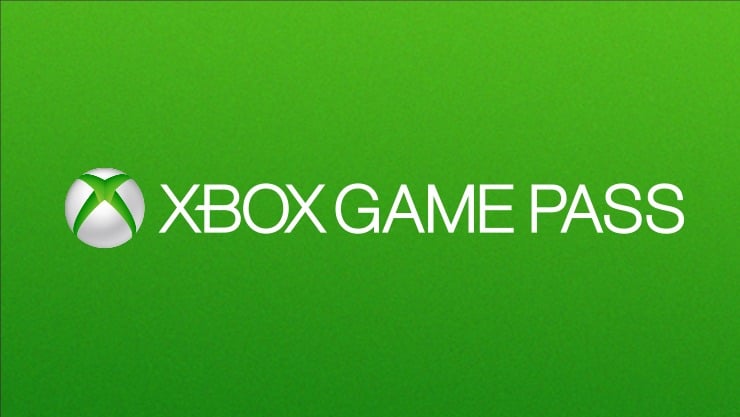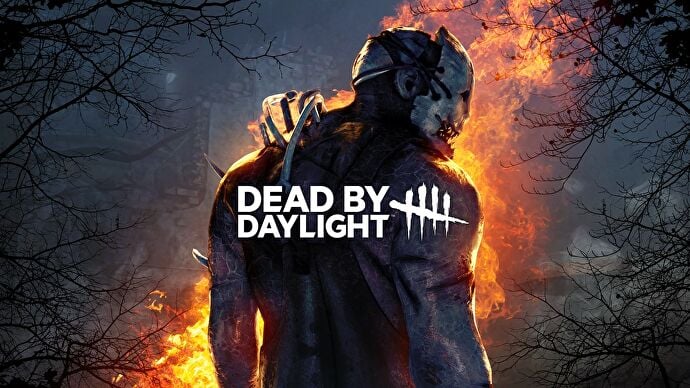How Do Game Development Studios Make Products for Others?
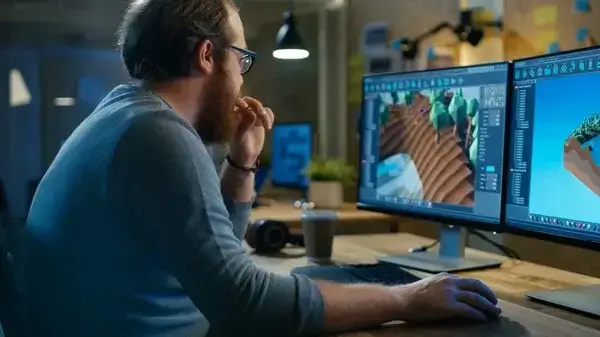
It’s no secret that present-day games are equipped with incredibly powerful technologies, intricate AI, and hyper-realistic graphics, given the advent of innovative software solutions as well as the introduction of hardware with almost atomic transistors. With such computing power onboard, developing modern games is becoming more complicated and time-consuming.
Therefore, in most cases, only large-scale studios with hundreds or even thousands of professional employees can compete on the market. For small- and medium-sized companies, it’s more cost-efficient to address a reliable game development studio to outsource a project. Why? Read on and get all the answers.
Check Valorant: Neon’s Special Abilities, Lore and More
Whys and Wherefores of Outsourcing Game Development
Although most game development studios make games for their own business, outsourcing agencies do the same for the good of others. Why so? Simply because it’s a win-win scenario, where clients get a high-quality video game, saving costs and human resources, while outsourced game developers multiply their portfolios as well as make a profit.
So, what does it mean to outsource game development to a partner? In simple terms, it’s when a specific company intends to create a product but considers it more appropriate to share a certain part of the work or even it all with another entity specialized in this area. In our case, it’s game development. Hence, if you wish to develop a video game but lack resources, experience, or a team, the best decision is to cooperate with professionals.
Benefits of choosing outsourcing game developers
Whenever you cooperate with a particular game development studio, you:
- optimize time (because you get an external team of professionals to create all the game content for you, from code scripts to 2D/3D assets, thereby having more time resources for creative as well as business-related tasks);
- save money (since you rely on experts who know the score as well as have every single software and hardware tool necessary for developing the entire game);
- receive quality results (considering that your development partner is an expert in their area, they must have all the experience and tech stack to ensure a product of top-notch quality);
- reduce risks (when you resolve to cooperate with professionals, you significantly cut all the risks because you share them with an entity that has already undergone this path dozens or even a hundred times);
- find long-term partnerships (into whatever businesses you step into, companions simplify your way considerably, inasmuch as you share all the hardships with another party).
Check Best Card Games For Desktop
What Is the Game Development Outsourcing Pipeline?
Even though the cooperation process varies depending on the industry segment and a companion of your choice, there’s a universal standard pipeline presented below.
- Initial discussion & interview. Any kind of cooperation starts with discussing the project scope, specifications, team composition required to execute it, and other details concerning the desired result.
- Concept art production & GDD. Once all the initial interviews are over, your outsourcing partner elaborates on a coherent game design document (GDD) and creates 2D references for game design in order to guide the rest of the team. These documents usually contain all the fundamentals of a future game, including game design, art, core gameplay mechanics, backstory, in-built economy (if needed), etc.
- Game assets creation. In this stage, artists work on 2D/3D models and animate them to make the world of your game alive. As a rule, these assets include environment art, buildings, characters, enemies, weapons, props, and any other objects or beings inhabiting your virtual realm.
- Development & integration. That’s when coders on your team begin to write scripts with a programming language supported by your game engine, be it Unreal or Unity. When a required number of scripts is ready, developers integrate all the previously created assets into a game engine and pull everything together. As long as your game is being developed, an outsourcing studio of your choice continually shows a result at each stage.
- Game testing. Even when your game seems ready at first sight, QA specialists must double-check everything, so they execute multiple test types to ensure that your game is bug-free and functioning properly.
The Bottom Line
Obviously, the final stage is to release the game, right? When all the steps mentioned above come to an end, it’s your turn to approve the work being done. There’s almost no way you can reject it since you’ve approved each previous step because that’s how outsourcing partners operate. They show each small result and keep you informed on every step they make. So don’t hesitate too long and get a reliable game development partner!

